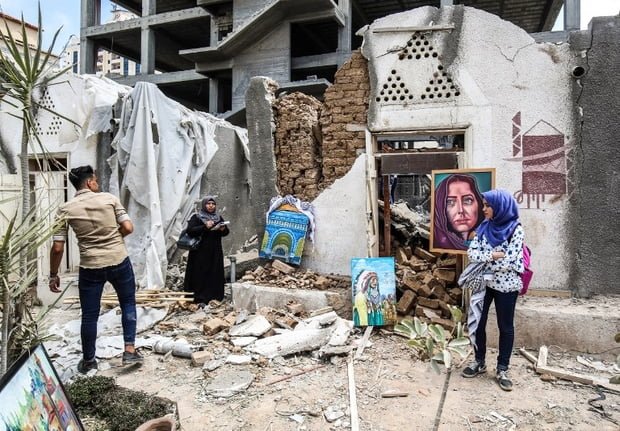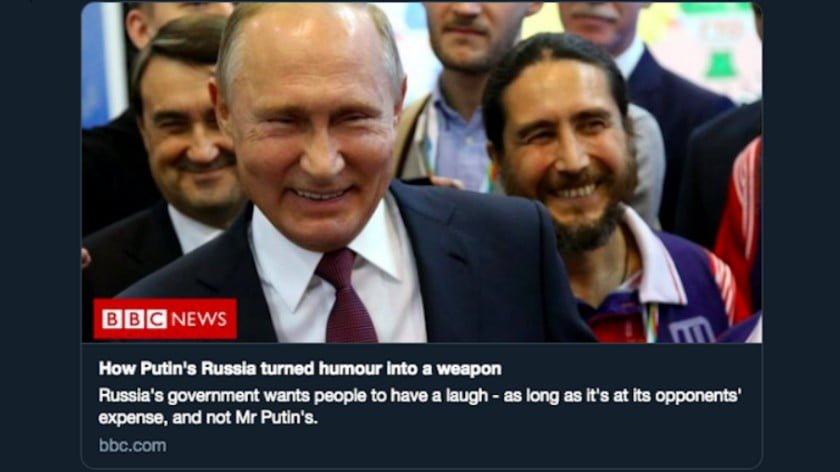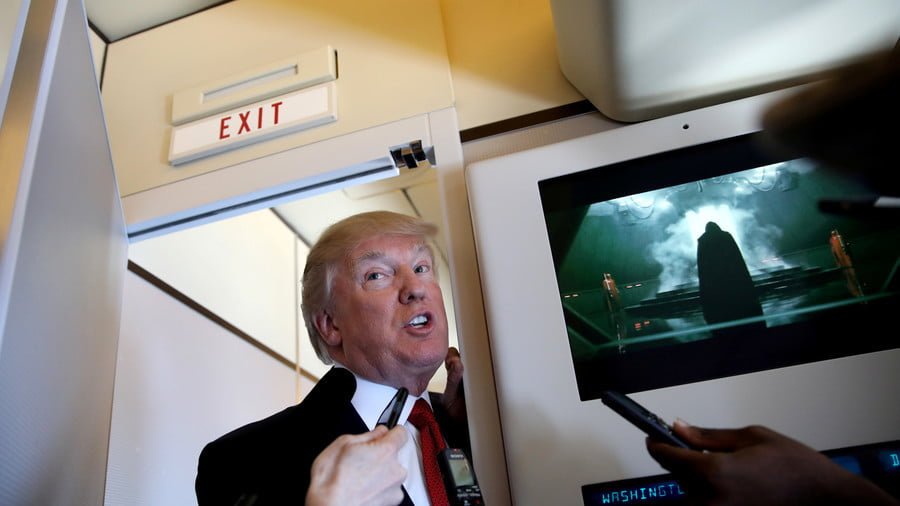The Palestinian Authority, the ICC and Israel
Last week, the International Criminal Court announced it would commence the pretrial phase of a war crimes case brought by the Palestinian Authority (PA) against Israel.
An Israeli news report called the move “almost unprecedented”. A three-judge panel has been appointed to hear the case: Peter Kovacs (presiding judge), Marc Perrin de Brichambaut and Reine Adelaide Sophie Alapini-Gansou.
The case evokes memories of another: in the original ICC ruling that directed chief prosecutor Fatou Bensouda to reopen the Mavi Marmara case, Kovacs was the only judge to vote against the reopening. The prosecutor shut the door on the case permanently, deeming the gravity of the incident not sufficient to bring it before the court.
Ten Turkish activists on board the Mavi Mamara, a ship that was part of a flotilla attempting to breach the blockade of Gaza, were killed by Israeli navy commandos on 31 May 2010. This number was not deemed large enough for a court that deals with “mass killings”.
Already doomed?
One senses that with this latest case, the fix might already be in. By appointing Kovacs, a judge who has already ruled that the killing of 10 Turkish citizens by Israeli armed forces should not be investigated, the court might have already doomed the PA’s case.
Though the current case was initially filed in 2015, many observers believe that the past two months of massacres by Israeli forces in Gaza have spurred the ICC to take a more active stance. The ICC timeline in the pretrial announcement makes clear that the PA made a filing at the end of May, asking the court to examine current Israeli violations of international law.
This is a day that Israel has dreaded for years. It is a day it has avoided like the plague
It seems clear that the Great March of Return and Israel’s vengeful response – killing 130 Palestinians in Gaza, almost all unarmed civilians – is what moved the international court to action.
In recent days, Israeli snipers killed a teenage boy who attempted to climb the fence Israel installed. Israel claims it must defend its territorial sovereignty, but it’s unclear how an unarmed teenage boy endangers anyone, let alone Israeli sovereignty. It does not recognise Hamas and has refused to define its border with Palestine, including Gaza.
In order for a nation’s sovereignty to be recognised and respected, it must negotiate borders with its neighbours. Israel has repeatedly refused to do so, not just with Palestine, but with Lebanon and Syria as well. No states recognise Israel’s conquest of the West Bank, Gaza or the Golan Heights. Thus, no international border can be negotiated and Israel’s sovereignty cannot be guaranteed.
Savage assault
After the young boy died, Hamas fired dozens of rockets into Israel, wounding several Israelis, and Israel sent US-made F16s on bombing runs across Gaza. Israel described it as the most savage assault on the enclave since the last major invasion, in 2014.
Another teenage boy playing in a public park was killed after a warplane dropped a bomb on a high-rise next door. The Israeli army claimed it had warned civilians about the attack, as if to absolve itself of responsibility, but offered no proof of this, even after a request for evidence.

It’s odd that few media outlets – like this Israeli one – have reported the major legal development involving the ICC. The Israeli report said that if a formal investigation commenced, it would be “a dramatic step that would impact Israel’s status in the international community”.
The court’s 11-page announcement calls for educating the Palestinian populace about the ICC and the role it will play in adjudicating the case, directing its staff to establish “a system of public information and outreach activities for the benefit of the victims and affected communities in the situation in Palestine and report back to the Chamber in compliance with the principles established in the present decision”.
According to the Israeli news report, it also calls for Palestinian victims to come forward and give testimony about their suffering.
Initial hurdle
This is a day that Israel has dreaded for years. It is a day it has avoided like the plague. It’s gone to great lengths to co-opt the ICC; Bensouda’s predecessor as chief prosecutor, Luis Ocampo, hired himself out to the highest bidder. He’s also said that the Israeli Supreme Court could legalise settlements and has publicly dismissed the Palestinian case. Bensouda herself balked at pursuing this case, but was forced to do so by the panel mentioned above.
This news does not mean the ICC is actually opening a formal case against Israel. This is a pretrial phase; the case has passed an initial hurdle on its way to being formally prosecuted.
But if Israel continues its pursuit of its interests using methods of mass slaughter, as it has for years, then the case should successfully overcome any and all hurdles placed in front of it.
Photo: Israeli forces confront Palestinian protesters near Nablus in the occupied West Bank, on 29 June 2018 (AFP)






